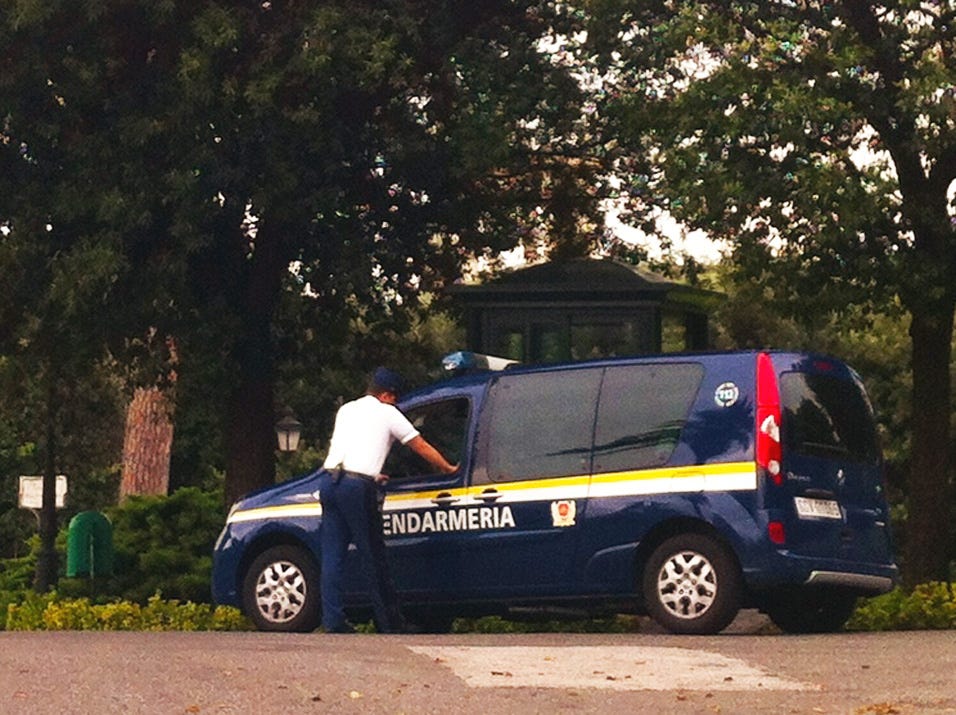Torzi was released from Vatican custody while bail money never showed
News: Vatican finances
The businessman at the center of the Vatican financial scandal was released from Vatican custody last year after agreeing to post a bond of nearly 3 million euros. The bail money was not actually sent to Rome, but that didn’t stop from Vatican officials from releasing him anyway.

